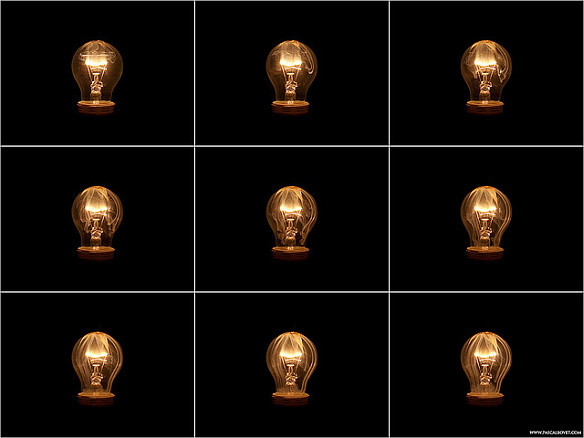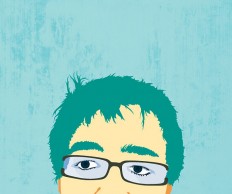In a recent article (which alternated between funny and cheekily serious, definitely worth a read), Scott Adams (the creator of the comic strip, Dilbert), asserts that boredom is good for us. The moments in our lives when we are not stimulated are ever dwindling–this has a huge detrimental effect on our creativity, and by extension, on ourselves and the world. Adams concluded on a cautionary note:
It’s the sort of trend that could literally destroy the world without anyone realizing what the root problem is. A lack of creativity always looks like some other problem. If no one invents the next great thing, it will seem as if the problem is tax rates or government red tape or whatever we’re blaming this week.
… the other day at a small party of five close friends, I noticed the smart phone apps and mini-games coming out whenever conversations became unstimulating.
I definitely agree with his point. Tools to banish boredom have proliferated in availability and usage. This has been on my mind for a while, and the other day at a small party of five close friends, I noticed the smart phone apps and mini-games coming out whenever conversations became unstimulating. Looking at my own experience, as well as reports online, it’s becoming more and more clear to me that this is changing the way people interact, not only with others, but also with the activity of their own minds.
As information proliferates in volume and immediacy (an idea articulated in Alexandra’s recent post, “Making Time to Make Sense”), our mental space for contemplation of less immediate concerns can become smaller and smaller. For many of us, this familiar experience happens in the brief moments when we are by ourselves with nothing to do. Instead of sitting in that uncomfortable space of nothingness, we make the eye-blink-fast decision to resort to the smartphone, remote, gamepad, or keyboard–and that habitual pattern reinforces itself, countering our ability to be comfortable in that difficult nothingness.
Creativity requires us to function in this open psychological space, a space where we don’t reach for a ready-made answer or a fixed pattern of thought. This open space is often uncomfortable, and the longer we stay in it, the more vulnerable we feel. We’re breaking out of an old pattern, an old habit, in order to get to something new; it’s about not reaching for a ready-to-go solution. This means we have to stay in the open space, that nothingness, that possibility.
Staying in that open space is not easy. In fact, it’s by definition a process of vulnerability and pain.
Staying in that open space is not easy. In fact, it’s by definition a process of vulnerability and pain. For myself, most of my goals and motivations in life have to do with erecting and reinforcing structures of thought, relationship and protection against overall vulnerability and pain. I recall as far back as middle school the awkward process of forming a social identity, opinions, and circle of friends in the background of a newly perplexing, thorny pecking order. Many friends, apartments-full of stuff, and efforts to build my bank account later, I’m basically still in protection mode. To be in open space is to choose to go against this bigger movement of certitude in our lives. The reward is that something new and inspiring might happen. And isn’t this risk—the risk of open space—the only path we really ever take to create something new and inspiring? To quote singer and actress Zooey Deschanel:
Creation is pleasure and torture at the same time. It’s trying to make something out of nothing. It’s a birth of some sort. Sometimes it’s like pulling a piano out of a swamp. Sometimes it’s like walking on air. The torture of that nothing-space in front of you, and the pure elation of filling that space with something good—it’s one of life’s great juxtapositions. I am grateful for that—the torture and the pleasure.


